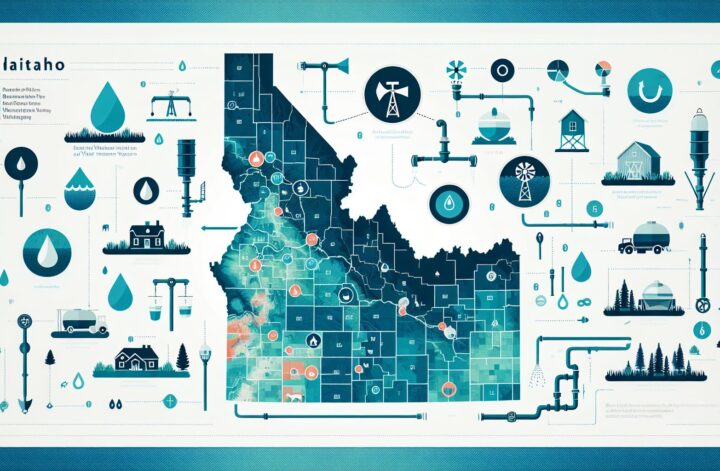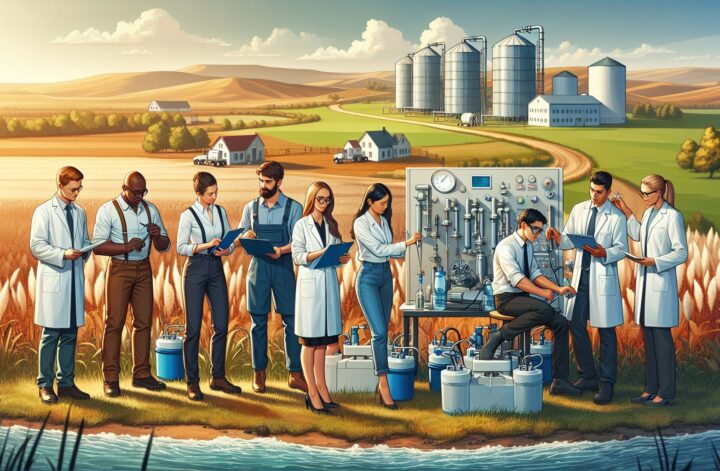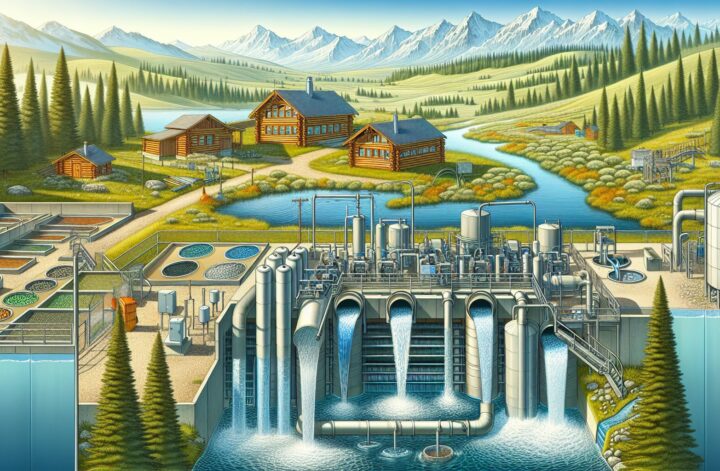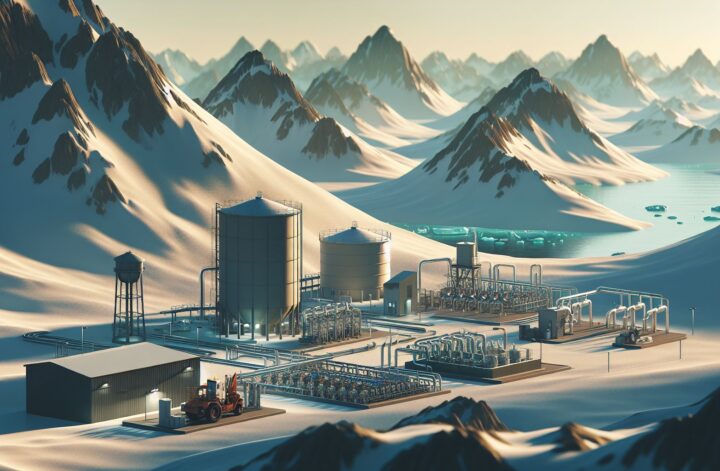Water is often taken for granted given its constant availability in many regions of the United States. However, for those living in rural communities in places like Idaho, the challenges can be substantial. In Idaho, much like in other rural areas, proper handling, treatment, and distribution of water and wastewater are critical for both the health of the residents and the environment.
According to the Idaho Department of Environmental Quality, around two-thirds of Idaho’s citizens depend on groundwater for their drinking water. To meet these needs, rural communities often use decentralized wastewater systems, including septic systems, cluster systems, and wastewater treatment plants. These are critical for preventing the contamination of groundwater, thereby protecting the health of rural communities.
Understanding the scale of rural Idaho’s water and wastewater systems requires a look into the number of individuals who rely on these systems. Rural communities, often defined as areas with a population of fewer than 2,500 people, make up about 20% of the state’s population, according to the Idaho Rural Water Association (IRWA). This is a significant number of individuals who primarily rely on groundwater sources for their water needs.
However, the isolated nature of these small communities often poses challenges in maintaining and upgrading these systems. For instance, the cost of significant updates can strain such small population centers’ resources. The IRWA offers technical assistance to these communities – from training operators of the systems to helping with financial planning and environmental compliance. This support helps to ensure the longevity of water and wastewater systems in rural Idaho.
Further, issues revolving around rights to water usage and concerns over future water availability due to increasing drought conditions paint a complex picture. Idaho’s legislative bodies and community associations continue to grapple with these issues, attempting to ensure water security for all residents.
In conclusion, rural water and wastewater systems in Idaho serve a critical role in the wellbeing of a significant part of the population. Though these systems may face challenges relating to maintenance and environmental influence, continued support from entities like the IRWA and policy-level initiatives aim to ensure water security for Idaho’s rural communities.
Citations:
“Rural Community Assistance”, Idaho Department of Environmental Quality, accessed June 6, 2021, link
“About Us”, Idaho Rural Water Association, accessed June 7, 2021, link
“Issues face Idaho’s water systems”, Idaho Statesman, accessed June 8, 2021, link




